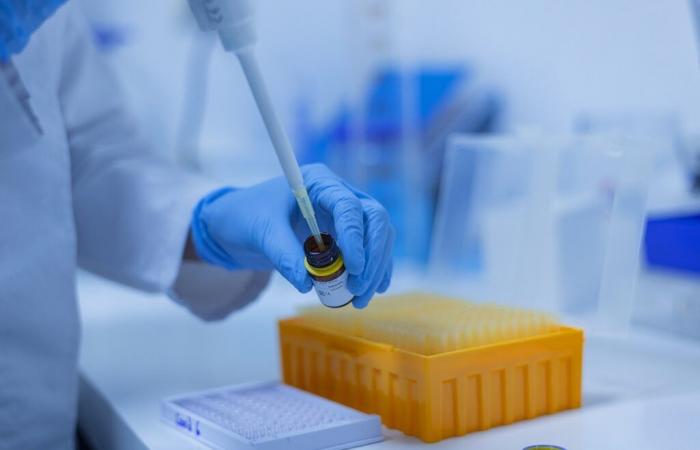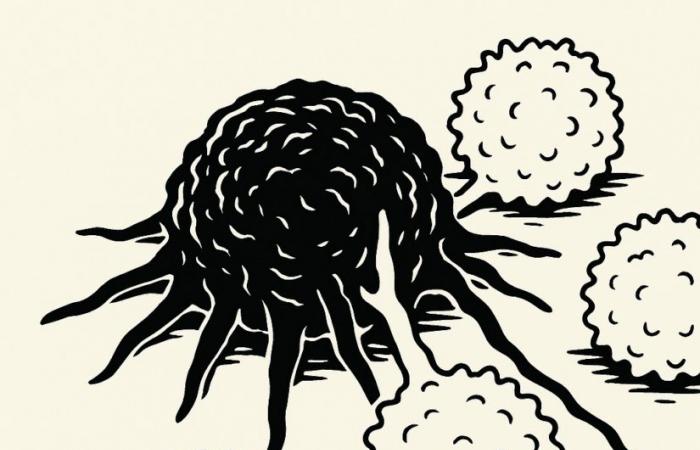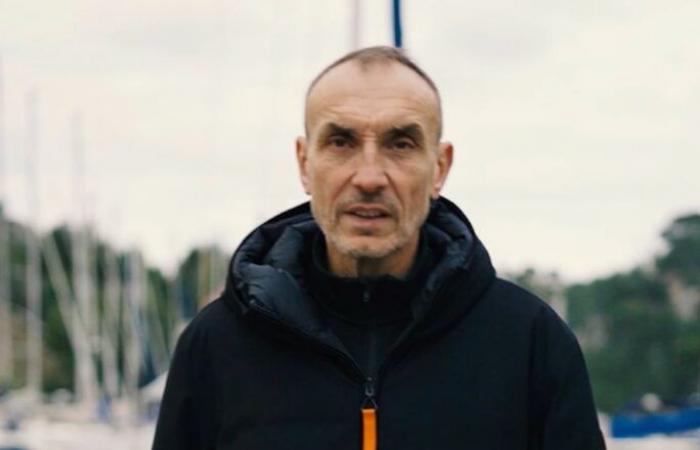For thirty years, I have devoted my research to Natural Killers cells, these white blood cells capable of recognizing and destroying cancer cells. Today, thanks to the progress of immunotherapy, we are opening a new path to treat cancer by stimulating our own immune system. This collective fight, recently rewarded by the Griffuel Prize, is starting to bear fruit.
For three decades, I have been working with my teams in Marseille on a particular type of white blood cells that everyone has: Natural Killers cells. Their fascinating property is to know how to recognize normal cells – that they save – tumor cells – which they attack and destroy.
Stimulate our natural defenses: a new approach to fighting cancer
Our goal is to understand the mechanisms that govern this recognition to better stimulate it. This is the challenge of immunotherapy, a revolution that has changed the approach to cancer treatment for the past fifteen years. Unlike traditional treatments-surgery, chemotherapy, radiotherapy-, immunotherapy does not target the tumor, but the immune system itself, to free it from its brakes or amplify its action.
Today, several drugs from our research are in advanced clinical trials against lung cancers and certain leukemia. This progress has recently been recognized by the award of the ARC Léopold Griffuel Foundation Prize for Translational Research in cancerology. This price with 150,000 euros is immense pride. Not only for our laboratory, but also for the entire scientific community that believes in the power of immunotherapy.
Building bridges: between research, industry and patients
Our laboratory is located at the Marseille-Luminy Immunology Center, in the heart of the Calanques National Park, in partnership with Aix-Marseille University, Inserm and CNRS. In addition, we have an antenna at the Timone hospital, to go directly from basic research to clinical applications on patient samples.
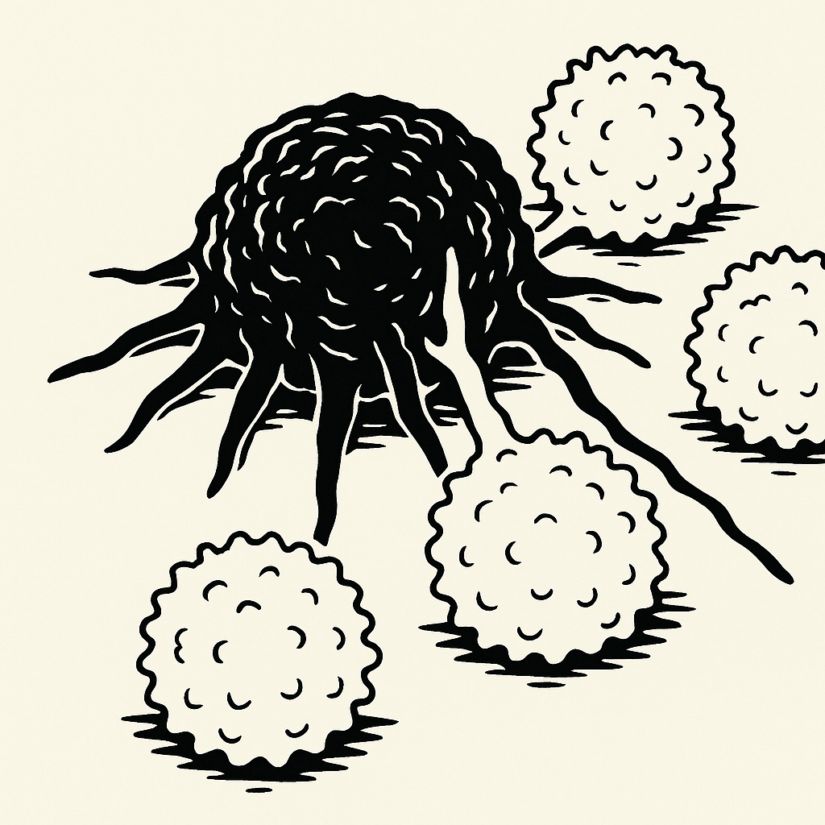 From the start, I wanted to build bridges at all levels. Between the fundamental sciences and medicine. Also between the academic world and businesses, thanks to our partnership with Innate Pharma, a Marseille biotech now listed in Euronext and Nasdaq.
From the start, I wanted to build bridges at all levels. Between the fundamental sciences and medicine. Also between the academic world and businesses, thanks to our partnership with Innate Pharma, a Marseille biotech now listed in Euronext and Nasdaq.
These bridges also exist internationally: we have been working for a long time with Italy, Tunisia, Morocco and Burkina Faso. I am convinced that research has no borders. Because each scientific exchange enriches our collective fight for the disease.
In addition, European funding, up to 2.5 million euros for five years, allow us to explore still unexplored tracks. As well as the essential support of philanthropy
Paris-Saclay Cancer Cluster: Unite our forces to go further
Today I chair the Paris-Saclay Cancer Cluster, a program that aims to deeply transform research against cancer. Around the Gustave Roussy hospital, the first European center for the fight against the disease, we build a real 40 hectare city. It will be dedicated to the transformation of scientific discoveries into concrete applications: drugs, diagnostics, medical devices.
We bring together in the same ecosystem, researchers, doctors, engineers, entrepreneurs … all animated by the same ambition: to accelerate innovation at the service of patients, for all types of cancers – adults, children, rare or frequent cancers.
This teamwork is fundamental. Because cancer is a collective challenge. He requires to federate our forces, to decompartmentalize disciplines, to pool talents. In Marseille, Paris-Saclay, France and beyond, we all bear the same hope: allowing the immune system to resume the advantage. And offer new weapons against cancer. ♦
*
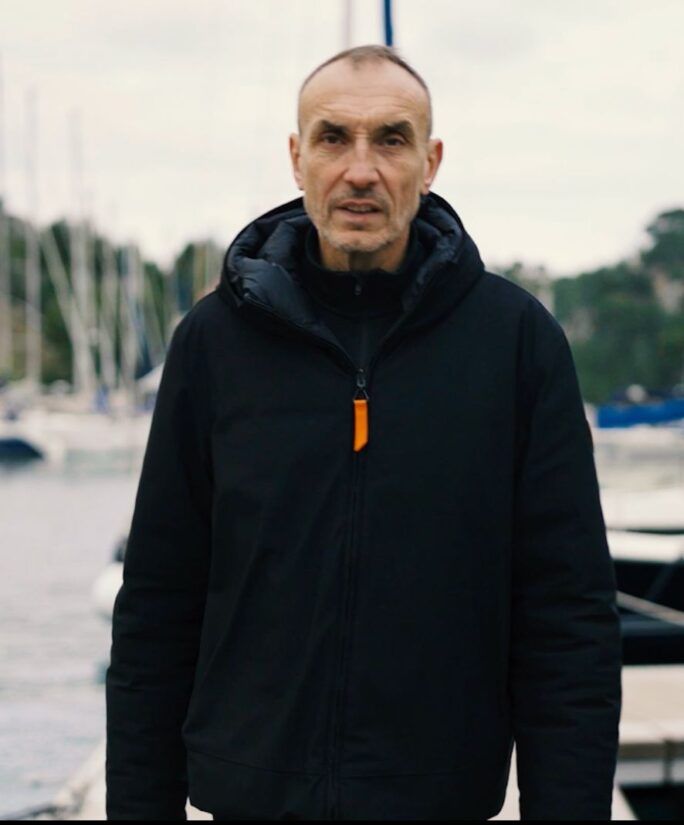
Éric Vivier is a professor of immunology at Aix-Marseille University, at APHM, at the Ecole Polytechnique and laboratory director at CIML in Luminy. He is also president of Paris-Saclay Cancer Cluster.
Bonus
# Immunotherapy: a revolution in the fight against cancer. Since the 2010s, immunotherapy has profoundly changed the approach to cancer treatment. Indeed, rather than directly attacking tumor cells, it acts on the immune system to strengthen it or release it from its natural brakes. Moreover, certain immunotherapies, such as immune control points inhibitors (anti-PD-1, anti-CTLA-4), have already enabled spectacular remissions in patients with advanced cancer.
Today, new strategies targeting Natural Killers cells promise to further expand the therapeutic arsenal. Especially for cancers resistant to traditional treatments.

